
The narrative surrounding Grima Wormtongue, portrayed by Brad Dourif in The Lord of the Rings film series, raises intriguing questions that remain unanswered despite the film’s acclaimed adaptation of J.R.R. Tolkien’s works. Directed by Peter Jackson, these movies are often lauded for their faithful representation of Middle-earth and the captivating recounting of the War of the Ring. Nevertheless, some elements are left ambiguous, leading to confusion regarding certain character arcs, including that of Wormtongue.
While the cinematic adaptation intentionally streamlined various elements from Tolkien’s original writings, much of the intricate world-building was sacrificed. This decision resulted in several minor characters having less depth and lore, which ultimately leads to ambiguity regarding their roles. The case of Grima Wormtongue exemplifies this issue, as his plot trajectory becomes muddled due to unexplained details.
An Inexplicable Detail in Wormtongue’s Story
The Prolonged Manipulation of King Théoden
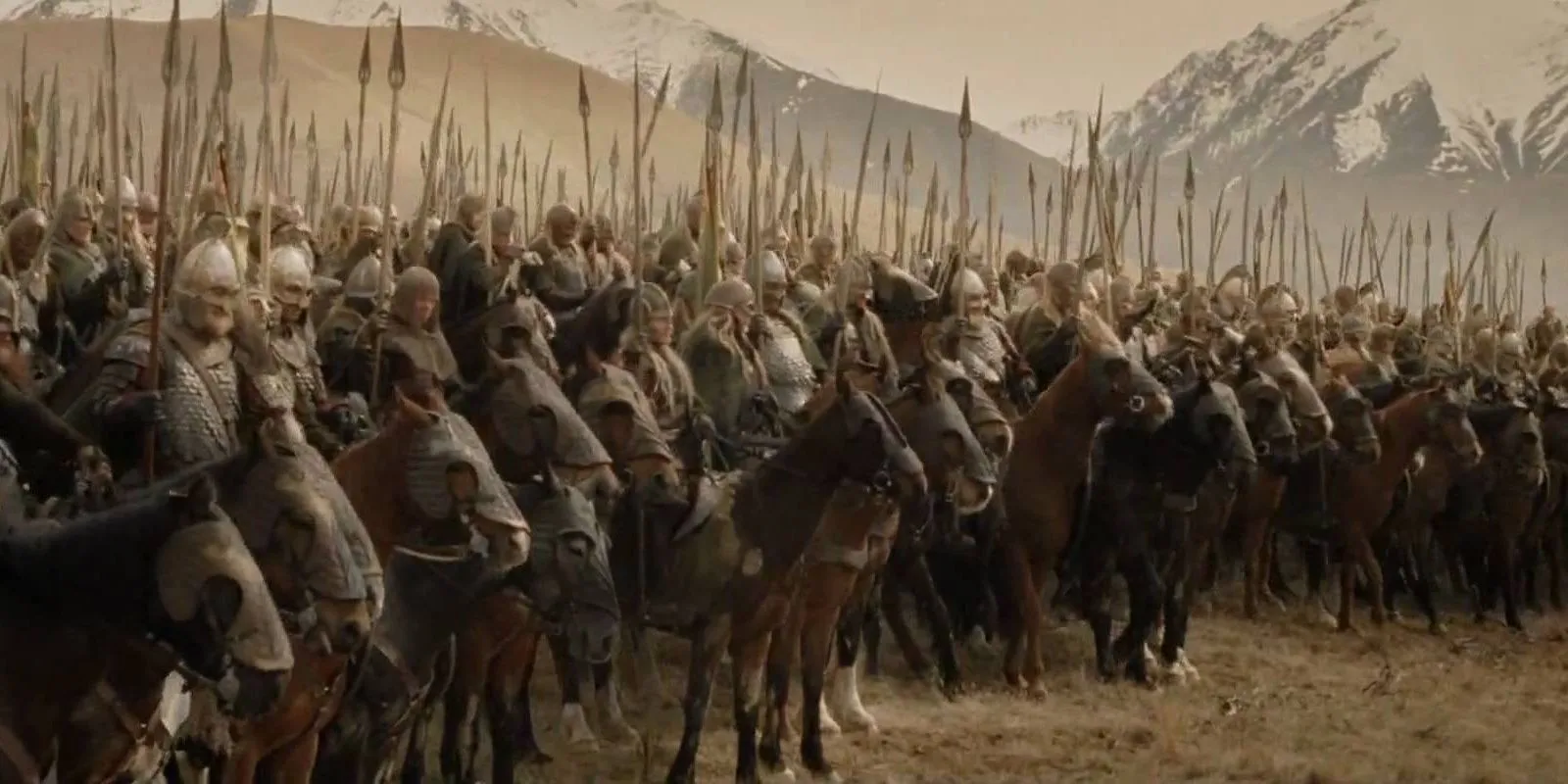
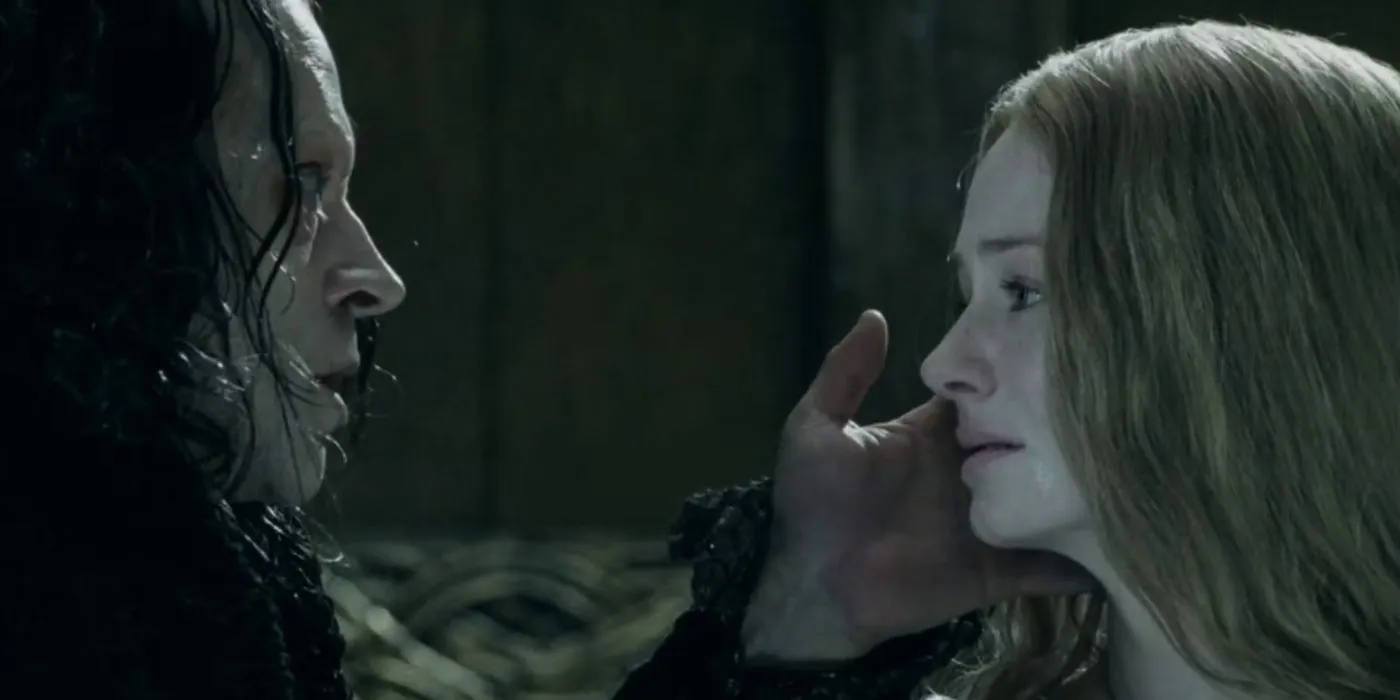
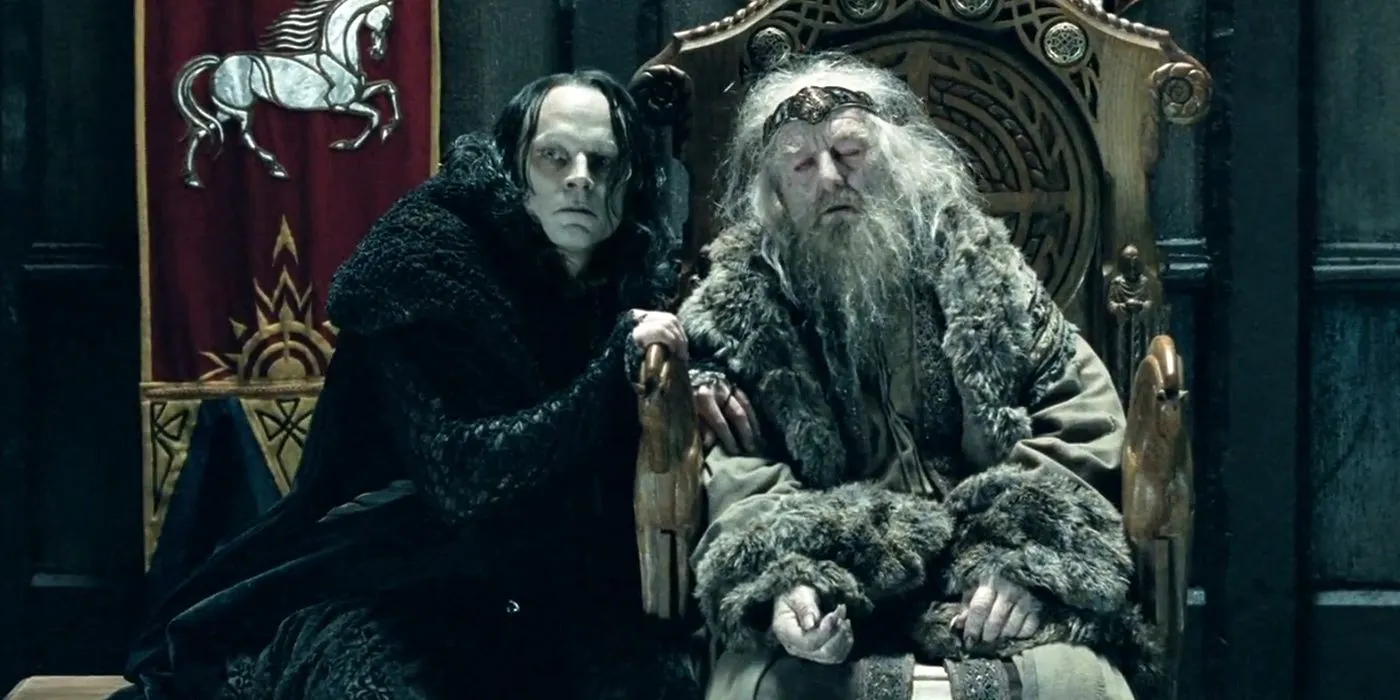
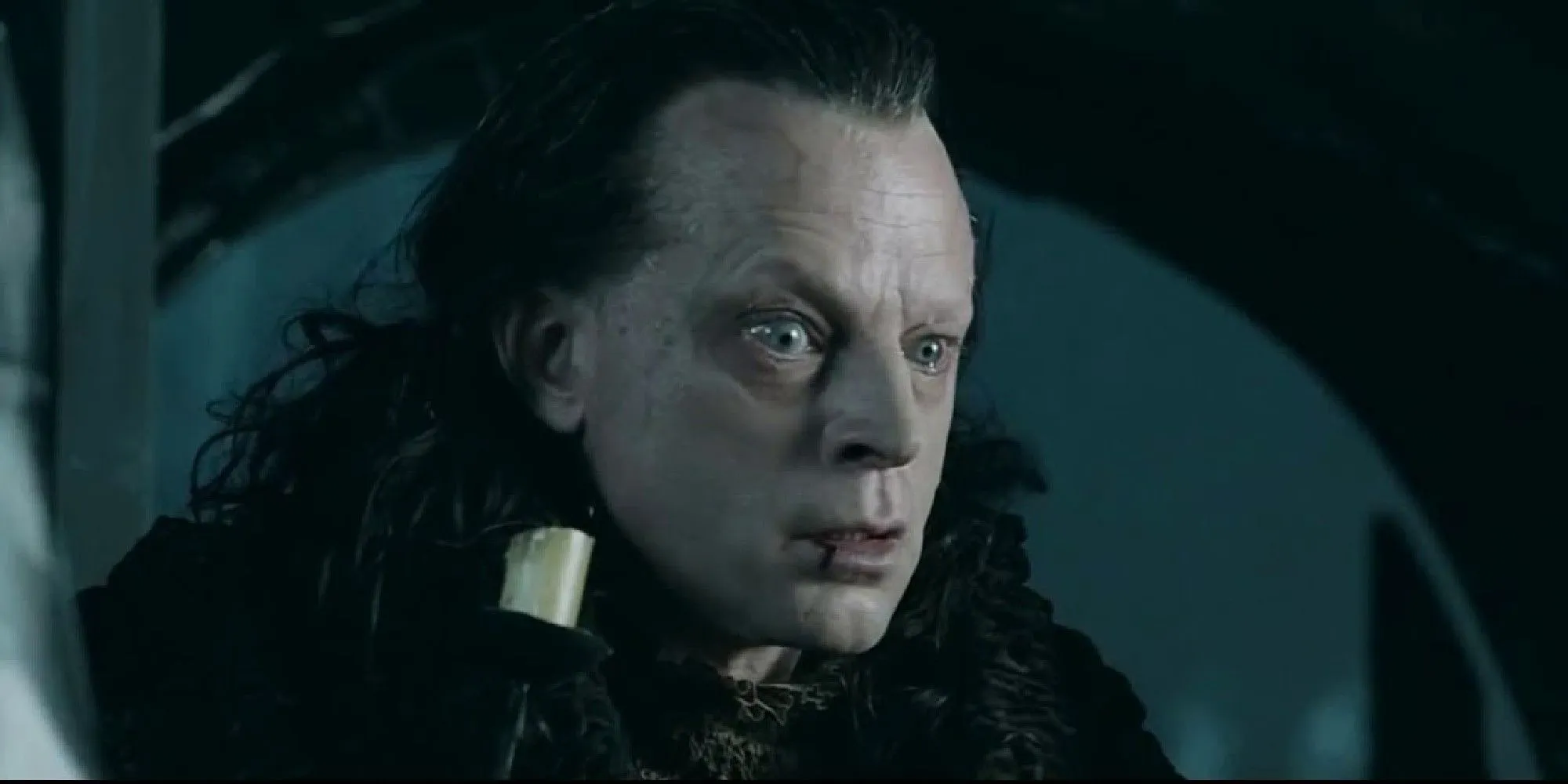
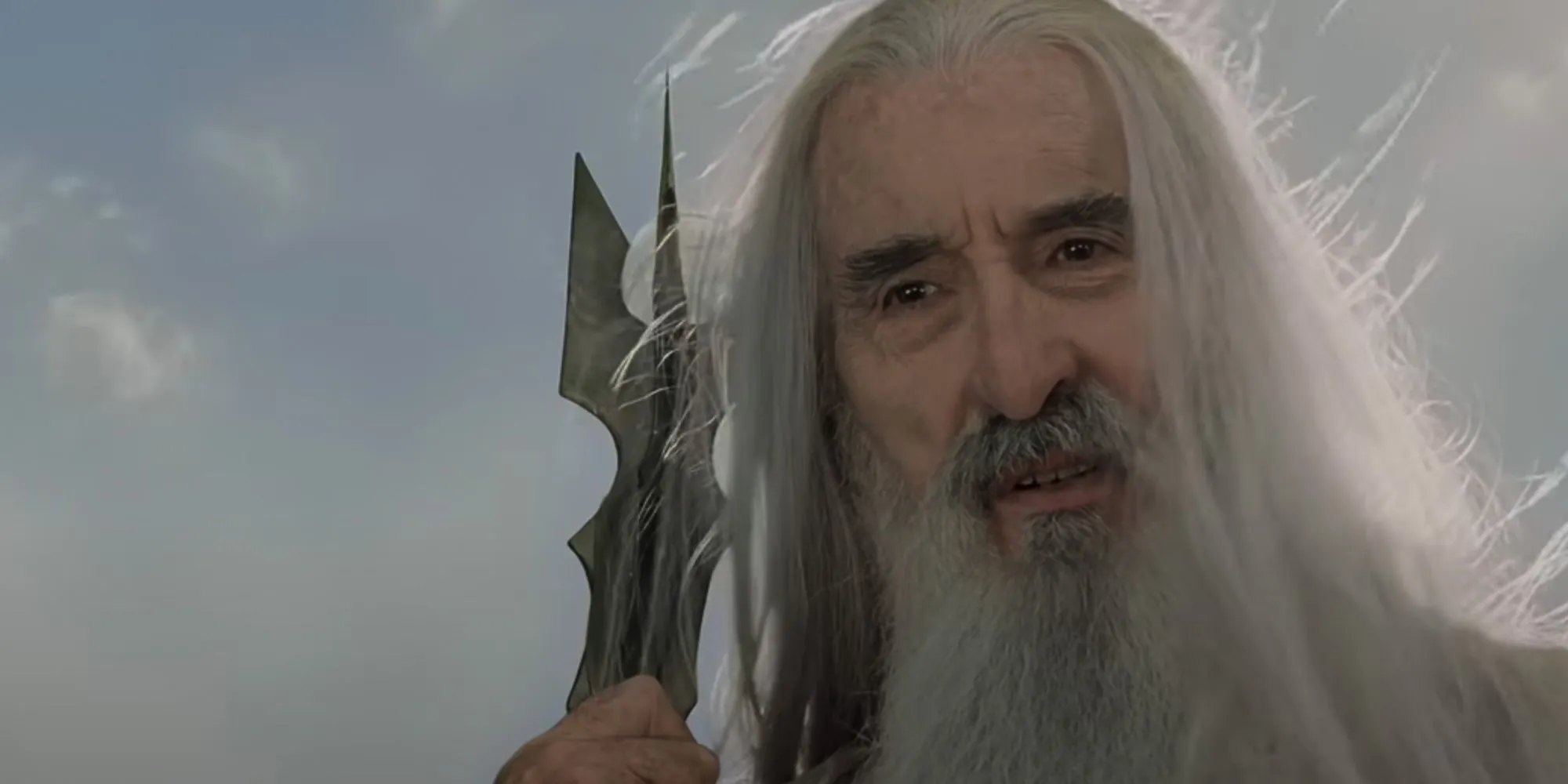
Wormtongue’s influence over King Théoden of Rohan, particularly given his unlikable traits, raises questions about how he managed to maintain such control unchallenged for an extended period. From his introduction, Wormtongue is clearly established as an antagonist, suggested both through his demeanor and actions, particularly his dealings with Éowyn, which highlight his treachery. This begs the question: why did no one attempt to confront him prior to the arrival of the Fellowship?
One possible explanation could be Théoden’s enchantment by Saruman, interpreted as a compelling force that necessitated the King’s allegiance to Wormtongue, who was indeed bolstered by Saruman’s authority. Given the departure of the Riders of Rohan, many subjects might have felt reluctant to oppose the King’s wishes. However, Wormtongue himself is not portrayed as exceptionally powerful; thus, the people could surely have rallied together to defy him or acted before leaving. This, however, would not address the underlying issue of Théoden’s degradation due to Saruman’s influence, which persists as a more considerable problem.
The Limitations of Rohan in Addressing Théoden’s Plight
Why Ousting Wormtongue Alone Wouldn’t Suffice
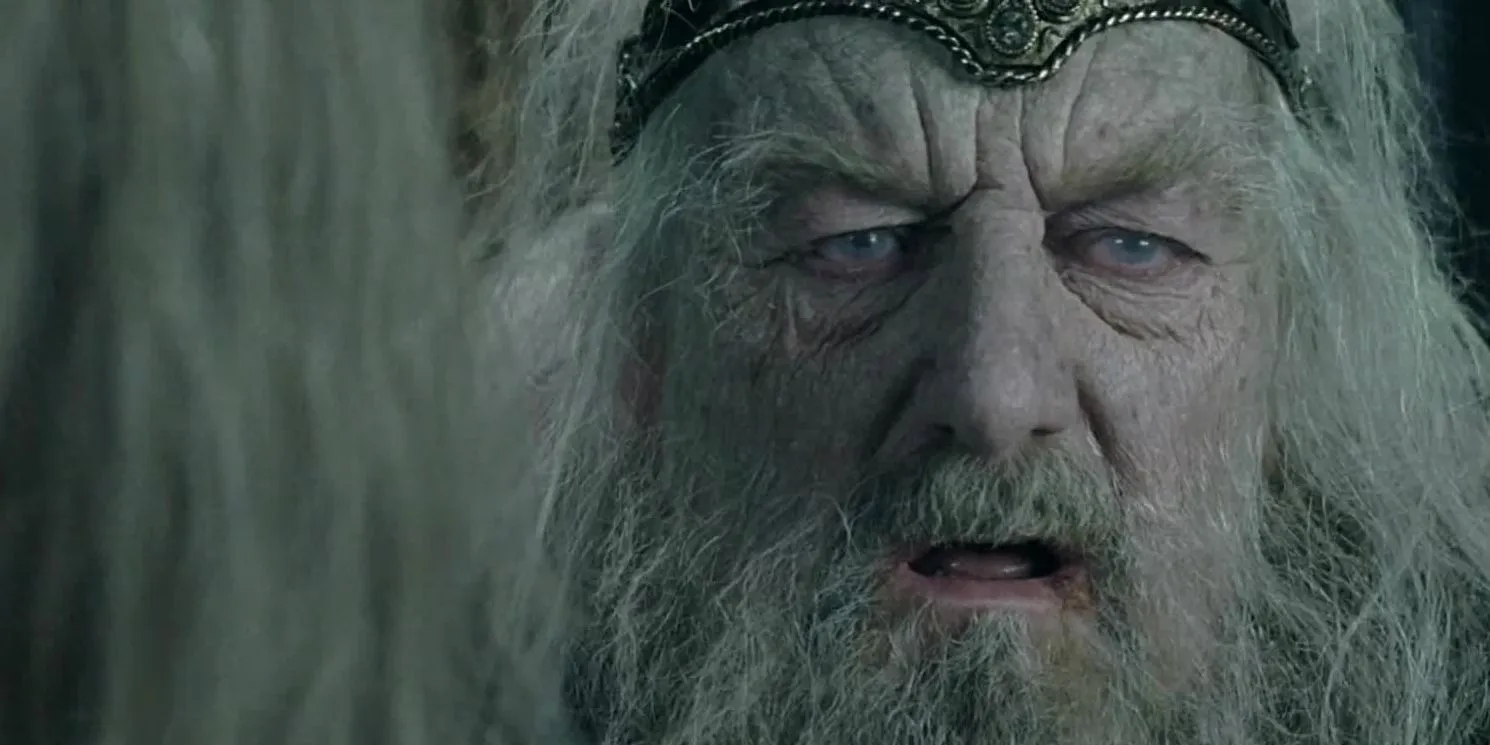
While eliminating Wormtongue might seem beneficial, the people of Rohan would have struggled to reverse Théoden’s enchantment without external support. Wormtongue’s hold was a direct result of Saruman’s formidable magic, a force not easily countered. Saruman’s mastery over the Palantir reflects a level of sorcery that only a few can match, indicating that simply dismissing Wormtongue would not have dismantled the King’s magical bondage.
Assistance from a powerful ally would be critical for addressing Théoden’s plight. Gandalf, upon his arrival in The Two Towers, proves integral in breaking Saruman’s spell over the King. The earlier removal of Wormtongue could have expedited the process of declaring Théoden unfit to lead and redirected the focus of Rohan’s forces against Sauron without delay. A quicker rallying of Rohan’s troops would have undoubtedly enriched their preparation for pivotal battles in the latter parts of the series.




Leave a Reply